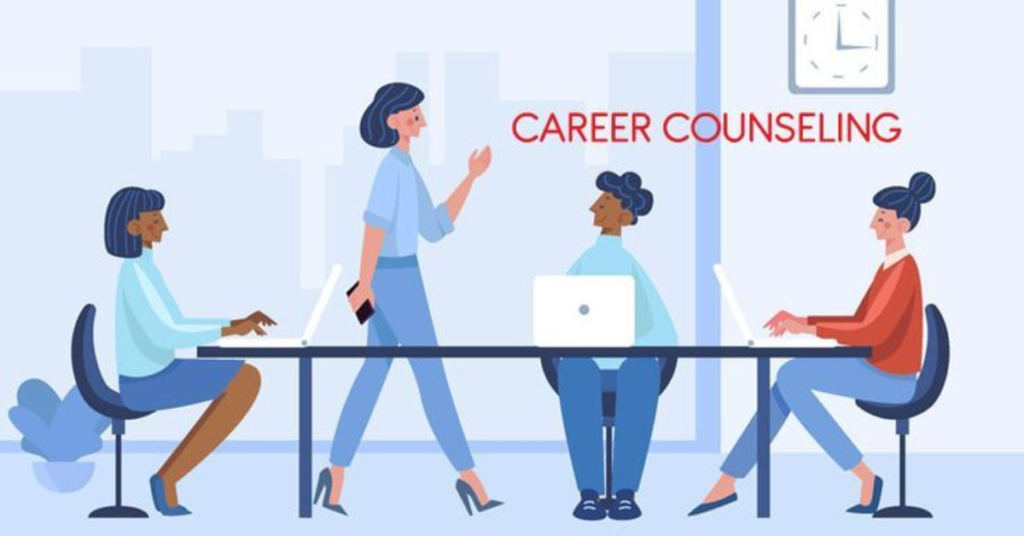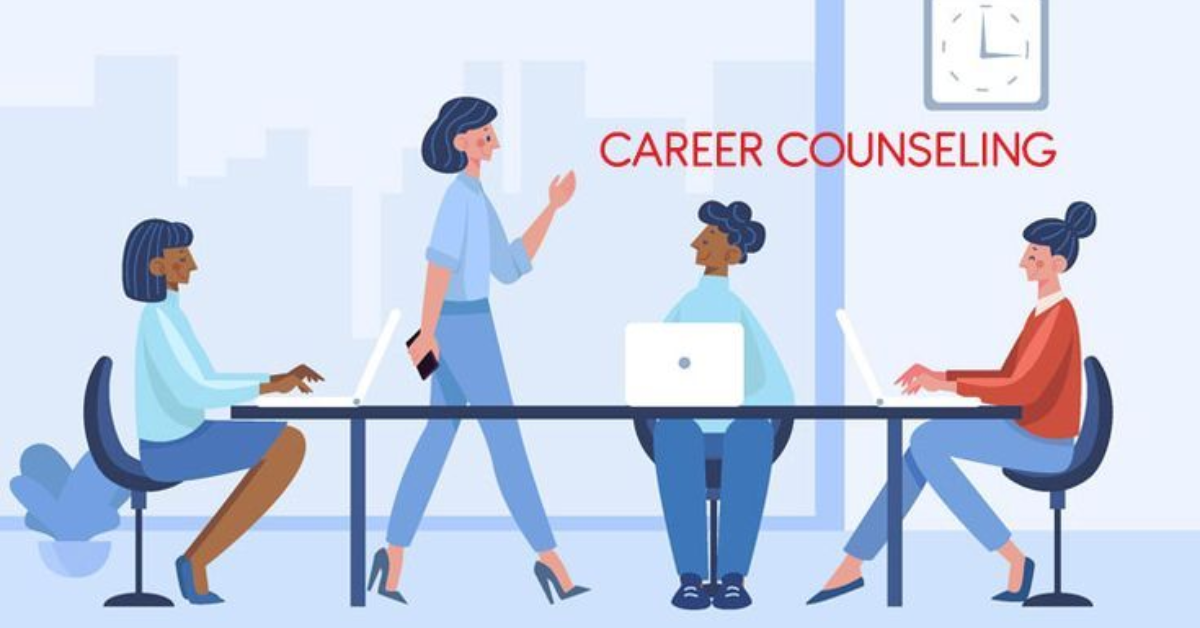In an increasingly competitive job market, university career counseling services have become a crucial resource for students looking to transition from academia to the professional world. These services provide essential support, expert guidance, and valuable resources that empower students to make informed decisions about their careers. This article delves into the multifaceted nature of university career counseling services, their significance, and the ways they assist students in achieving their professional aspirations.

Understanding Career Counseling Services
University career counseling services are designed to help students navigate their career paths while developing the skills needed for employment. These services typically encompass various activities, including:
- Individual Counseling Sessions: Personalized one-on-one meetings with career counselors who offer tailored advice based on students’ interests, skills, and career goals.
- Career Assessments: Tools and evaluations that help students identify their strengths, weaknesses, and potential career paths.
- Workshops and Seminars: Group sessions focused on key topics such as resume writing, interview preparation, job search strategies, and networking techniques.
- Job Placement Services: Support in securing internships, co-op positions, and full-time employment through job fairs, employer partnerships, and online job boards.
- Career Resources: Access to databases, literature, and online platforms that provide insights into various industries, job roles, and employment trends.
The Importance of Career Counseling Services
1. Empowering Students with Knowledge
A primary function of career counseling services is to equip students with the knowledge necessary to understand diverse career options and industry demands. Many students enter university with limited awareness of the job market, and career counselors bridge this gap by offering insights into different fields, required qualifications, and current industry trends.
2. Enhancing Career Readiness
In addition to imparting knowledge, career counseling services focus on preparing students with essential skills for a successful transition into the workforce. This includes:
- Resume and Cover Letter Development: Counselors help students create impactful resumes and cover letters that effectively highlight their qualifications and experiences.
- Interview Preparation: Conducting mock interviews and providing constructive feedback helps students refine their interview skills, build confidence, and articulate their strengths.
- Networking Strategies: Career counselors teach students effective networking techniques, emphasizing the importance of professional relationships and connections.
3. Personalized Career Guidance
Recognizing that each student has unique aspirations and challenges, career counseling services provide personalized guidance tailored to individual circumstances. By conducting assessments and discussing students’ goals, counselors can offer specific recommendations regarding academic paths, internships, and extracurricular activities that align with students’ interests.
4. Supporting Diverse Career Paths
Career counseling services also cater to students pursuing non-traditional career paths. Whether interested in entrepreneurship, freelancing, or creative industries, counselors provide specialized resources and advice tailored to these distinctive career trajectories, helping students navigate the unique challenges and opportunities within these fields.
Target Audience of Career Counseling Services
University career counseling services primarily target students but also benefit various stakeholders, including:
- Undergraduate Students: Typically the primary audience, these students often seek guidance on internships, job placements, and career exploration.
- Graduate Students: Many graduate students face specific career challenges, such as transitioning from academia to industry or pursuing postdoctoral opportunities. Career counselors assist them in navigating these complex pathways.
- Alumni: Many universities offer career counseling services to alumni, providing ongoing support as they advance in their careers.
- Employers: Universities often collaborate with employers to facilitate job placements for students and provide insights into industry trends, ensuring that career services remain relevant to current job market demands.
Key Concepts in Career Counseling Services
1. Career Development Theories
Understanding career development theories is essential for effective career counseling. Theories such as Super’s Life-Span, Life-Space Theory, and Holland’s Theory of Career Choice provide frameworks that guide counselors in helping students understand their career aspirations and decision-making processes.
2. Lifelong Learning
Career counseling emphasizes the importance of lifelong learning. As industries evolve, professionals must continuously update their skills and knowledge. Career counseling services instill a mindset of adaptability and growth in students, encouraging them to pursue professional development opportunities throughout their careers.
3. Work-Life Balance
Career counselors also stress the importance of work-life balance. They guide students in considering their personal values, interests, and priorities when selecting a career path. This holistic approach ensures that students pursue fulfilling careers that align with their overall well-being.
Challenges Faced by Career Counseling Services
While career counseling services provide vital support, they also encounter several challenges:
1. Limited Resources
Many universities operate with resource constraints, which can limit the availability of personalized services. High student-to-counselor ratios may result in longer wait times for appointments, potentially hindering students’ access to critical support.
2. Evolving Job Market
The rapid evolution of the job market presents challenges for career counselors. Keeping up with industry trends, emerging technologies, and new job roles requires ongoing training and professional development for counselors.
3. Student Awareness and Engagement
Some students may be unaware of the career counseling services available or may not prioritize seeking assistance. Increasing awareness and engagement is essential to ensure that all students can benefit from these valuable resources.
Future Directions for Career Counseling Services
To enhance the effectiveness of career counseling services, universities can explore several initiatives:
1. Integrating Technology
Leveraging technology can significantly enhance career counseling services. Online platforms for virtual counseling sessions, career assessments, and job search resources can increase accessibility and convenience for students.
2. Collaboration with Employers
Strengthening partnerships with employers can lead to more job placement opportunities and internships for students. Collaborative initiatives, such as industry panels and career fairs, can directly connect students with potential employers.
3. Expanding Outreach Programs
Proactive outreach programs targeting underrepresented student populations can ensure that all students receive the support they need. Tailoring services to meet the unique needs of diverse groups will foster inclusivity and equity in career development.
Conclusion
University career counseling services are vital in preparing students for successful careers. By providing personalized guidance, valuable resources, and industry insights, these services empower students to navigate their career paths with confidence. As the job market continues to evolve, universities must adapt their career counseling services to meet the changing needs of students, ensuring they are well-equipped for the challenges and opportunities ahead. Emphasizing the importance of career readiness, lifelong learning, and work-life balance will help students achieve their professional goals and thrive in their chosen fields.
